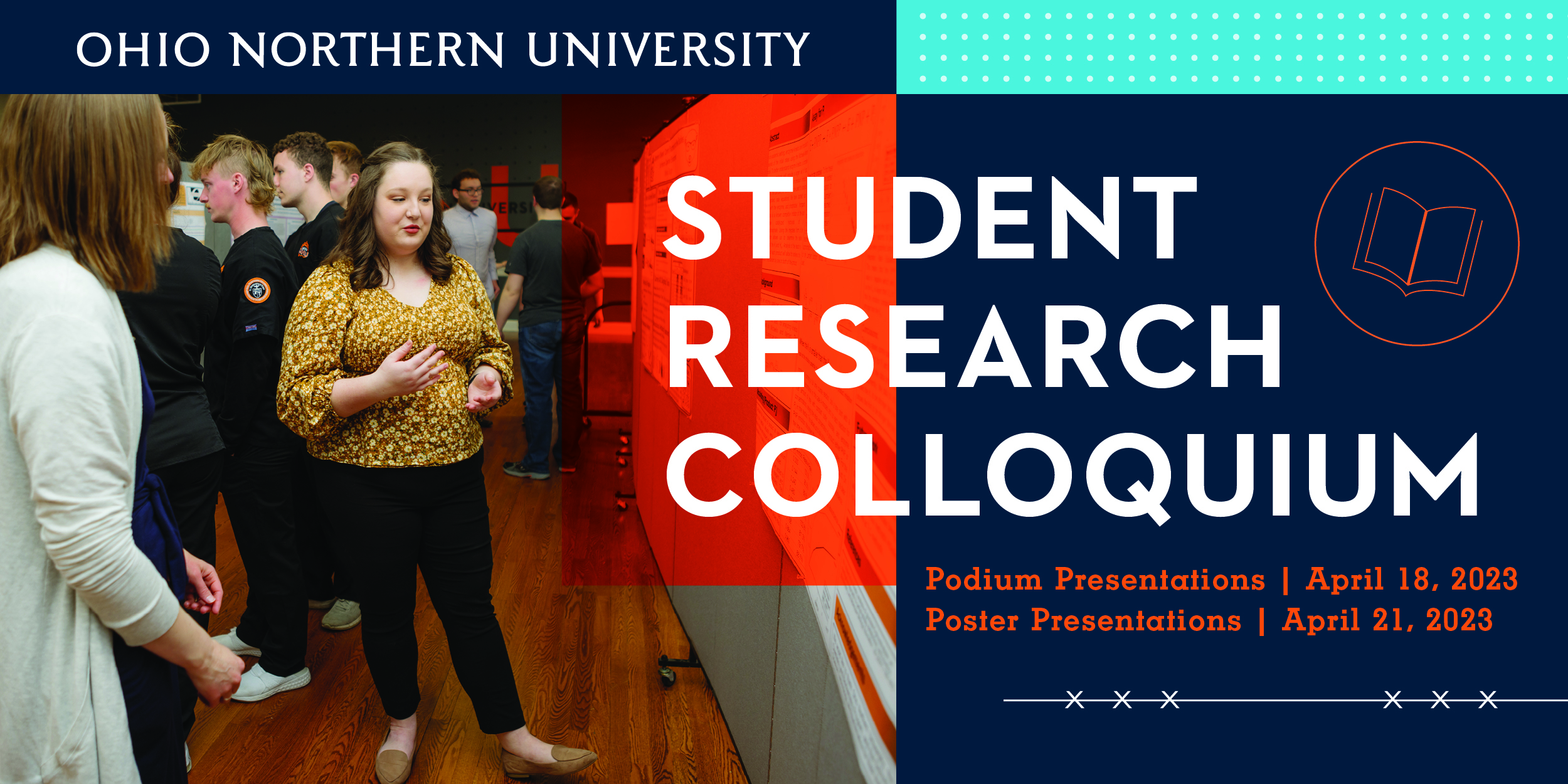Advisor(s)
Megan Lieb
Confirmation
1
Document Type
Poster
Location
ONU McIntosh Center; McIntosh Activities Room
Start Date
21-4-2023 11:00 AM
End Date
21-4-2023 11:50 AM
Abstract
Problem: Neonatal abstinence syndrome (NAS) is the withdrawal process that occurs when an infant who was exposed to opioids in-utero is born. Despite the prevalence of NAS, there is a lack of research on the effectiveness of nonpharmacologic interventions in caring for infants with NAS compared to pharmacologic treatment.
Purpose: The purpose of this project is to determine if nonpharmacological interventions are better at managing NAS symptoms leading to earlier discharge.
Methods: A quasi-experimental design will be used for this study. A bundle, including rooming-in, breastfeeding, skin-to-skin, swaddling, and small, frequent feedings, will be implemented. All patients diagnosed with NAS in a hospital system, regardless of admission to NICU or general floor will be included. NAS symptoms and length of stay will be compared for infants whose parents/caregivers use the NAS bundle to those who do not. NAS symptoms will be measured using the FNASS.
Conclusion: Based on the results of both groups, the conclusion will be made whether the bundle intervention is an effective treatment for NAS. Few studies have been conducted to determine effectiveness of nonpharmacologic treatment of NAS. Therefore, this study will contribute to identifying potential interventions to decrease NAS symptoms.
Recommended Citation
Evanoski, Marissa L., "Neonatal Abstinence Syndrome: A Quasi-Experimental Study of the Effectiveness of Family-Centered Care" (2023). ONU Student Research Colloquium. 3.
https://digitalcommons.onu.edu/student_research_colloquium/2023/posters/3
Level of Access
Restricted to ONU Community
Restricted
Available to ONU community via local IP address and ONU login.
Neonatal Abstinence Syndrome: A Quasi-Experimental Study of the Effectiveness of Family-Centered Care
ONU McIntosh Center; McIntosh Activities Room
Problem: Neonatal abstinence syndrome (NAS) is the withdrawal process that occurs when an infant who was exposed to opioids in-utero is born. Despite the prevalence of NAS, there is a lack of research on the effectiveness of nonpharmacologic interventions in caring for infants with NAS compared to pharmacologic treatment.
Purpose: The purpose of this project is to determine if nonpharmacological interventions are better at managing NAS symptoms leading to earlier discharge.
Methods: A quasi-experimental design will be used for this study. A bundle, including rooming-in, breastfeeding, skin-to-skin, swaddling, and small, frequent feedings, will be implemented. All patients diagnosed with NAS in a hospital system, regardless of admission to NICU or general floor will be included. NAS symptoms and length of stay will be compared for infants whose parents/caregivers use the NAS bundle to those who do not. NAS symptoms will be measured using the FNASS.
Conclusion: Based on the results of both groups, the conclusion will be made whether the bundle intervention is an effective treatment for NAS. Few studies have been conducted to determine effectiveness of nonpharmacologic treatment of NAS. Therefore, this study will contribute to identifying potential interventions to decrease NAS symptoms.

